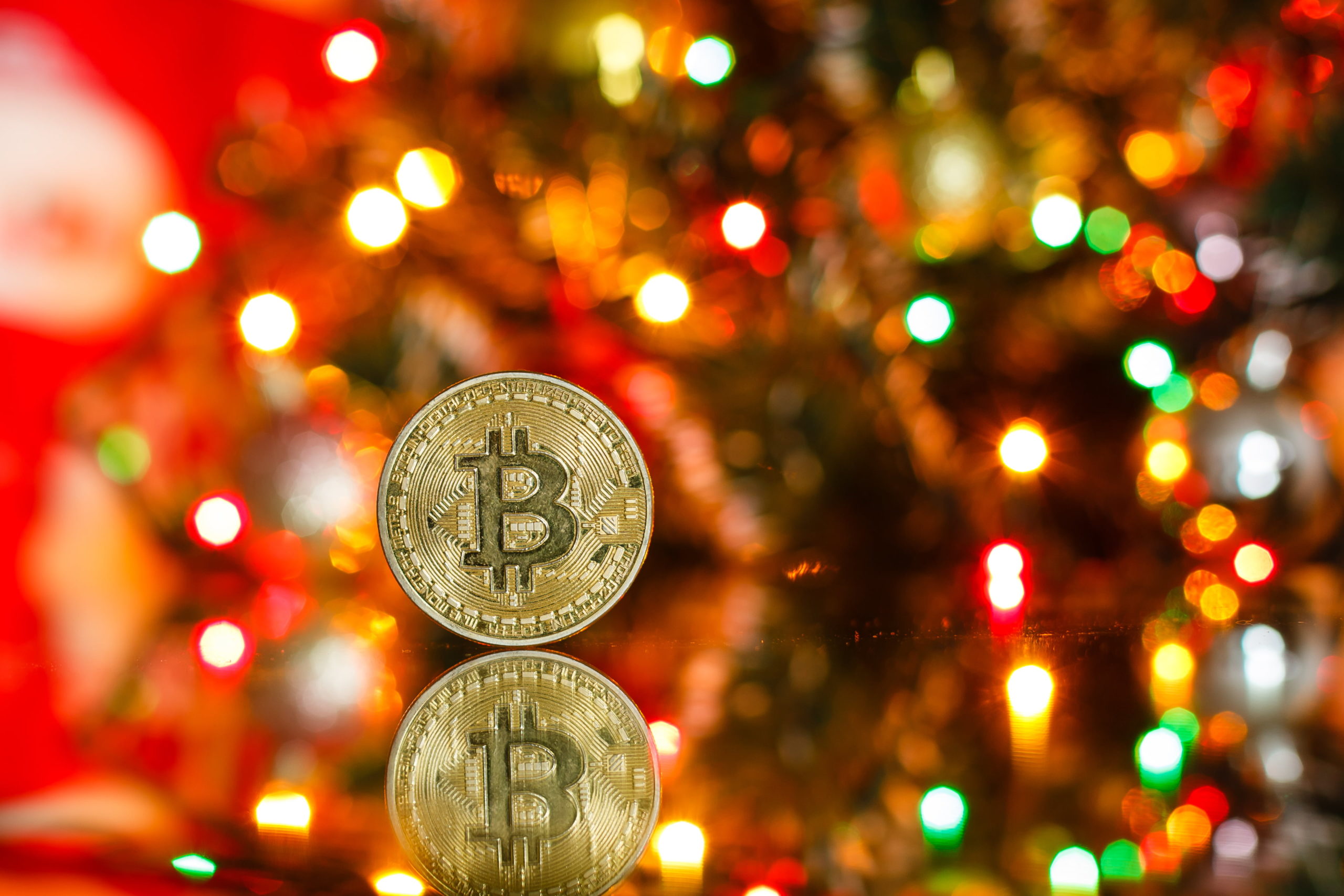
I had a friend who bought a load of bitcoin for around $10 each and then sold them to buy a house. If he had kept them, he could have ten houses today.
I have another friend who invested heavily in ETH, the coin of Ethereum. Today, they smile and sit pretty, whilst millions of others are still piling in.
Then there is Dogecoin, Shiba Inu, Cardano and more. Where should you be buying, selling and storing crypto, and which coin is going to be the next big one?
I have no idea, and therefore will not share any view on investing in cryptocoins here. Maybe Armycoin is the one for you? Who knows …
What I do know is that the market for crypto behaves really weirdly. One day it’s up and the next it’s down. I have no idea why. Over the weekend, bitcoin suddenly took a swan-dive and lost 20 percent of its value in an hour.
This is not a market for the nervous. It’s a market for the HODLer. Hold on until it gets there … and it will.
Every time someone says bitcoin is dead, it comes back. The most fascinating part of that trend is that banks and institutions have now woken up and about faced on the currency. For years, they have said it’s rubbish and yet, now, they allow their clients to invest in it, store it and offer custodial services for it.
Jamie Dimon, the CEO of JPMorgan Chase, has stated many times that bitcoin is stupid, but even he is now saying I might not like it but, if you do, we will offer it.
What will we be talking about ten years from now?
CBDCs, stablecoins, cryptocurrencies or …?
I have a hope, and my hope is we will talk about complementary currencies.
My late, great friend Bernard Lietaer wrote a book about the subject in the 1990s (you can download a free copy here) and two things stayed with me forever from his thinking. First, we need to change the investment reward mechanism to one that is geared to the long-term and away from the short term (see The Long Now for more on that); and second, we can create currencies that are traded on a different value scheme, such as time.
On the latter, he cited a Japanese currency called fureai kippu. I love the idea of this. The simplified idea is that if I have a parent in Kyoto and you have a parent in Tokyo, and I am in Tokyo and you are in Kyoto, then I can give an hour to your parent for care and company in exchange for you giving an hour to mine.
When I think about this, particularly at Christmas, is time a currency? I blogged about this the other day – time is money – and realise that my recent writing and musing about money being meaningless and just an invention is illustrated well by cryptocurrencies and the new legion of joke coins. Meantime, I’m going to focus on time as a currency and exchanging time for company and care. Isn’t that all we need?
Chris M Skinner
Chris Skinner is best known as an independent commentator on the financial markets through his blog, TheFinanser.com, as author of the bestselling book Digital Bank, and Chair of the European networking forum the Financial Services Club. He has been voted one of the most influential people in banking by The Financial Brand (as well as one of the best blogs), a FinTech Titan (Next Bank), one of the Fintech Leaders you need to follow (City AM, Deluxe and Jax Finance), as well as one of the Top 40 most influential people in financial technology by the Wall Street Journal's Financial News. To learn more click here...

